The European Green Deal (EGD) is a comprehensive set of policy initiatives launched by the European Commission (EC) in December 2019 to make Europe the first climate-neutral continent by 2050.
Specifically, it was presented by the European Commission (EC) as a new growth strategy that purports to transform the EU economy into a sustainable one by, inter alia, reducing GHG emissions, tackling biodiversity loss, mitigating pollution, increasing the use of renewable energy, driving a shift to sustainable mobility and food systems, and promoting a circular economy.
The ocean-related objectives and targets of the EGD can be summarised as follows:
Aims to reduce emissions from shipping by at least 50% by 2050, compared with 2008 levels, and to explore the potential of alternative fuels and zero-emission ships.
Includes a target of protecting at least 30% of EU sea area by 2030, through the establishment of MPAs, integrated ecological corridors and other conservation measures. The EGD further includes a target of strictly protecting at least 10% of EU sea area by 2030.
Aims to reduce marine plastic litter by 50% by 2030, through measures such as improved waste management, better fishing practices, and increased awareness-raising.
Includes a target of achieving sustainable fisheries in the EU by 2030, through the implementation of the Common Fisheries Policy and the reduction of overfishing, tackling harmful fishing methods and by-catch.
Aims to increase the share of renewable energy in the EU’s energy mix, including in the offshore wind sector
Promotes the development of a sustainable blue economy that supports the delivery of EGD objectives on biodiversity, climate change and pollution and contributes to a climate neutral and resilient economy and prosperous society in the EU.
The 2019 EGD Communication and its subsequent strategies and action plans are closely interconnected, as they represent an integrated approach to addressing the climate, biodiversity, and pollution challenges facing the EU. These strategies and their objectives are not to be considered in isolation, but they form part of an indivisible, holistic framework. Complementing the 2019 Communication, they aim at addressing the climate, environmental, social, and economic challenges facing the EU. Together, they offer a roadmap for the EU’s transition to a sustainable and climate-neutral economy, and they demonstrate the EU’s commitment to achieving the objectives of the Paris Agreement and the UN Sustainable Development Goals.
Instead of offering a collection of disparate policies and measures, the overarching goal of the EGD is to create synergies and coherence between the various interconnected policy areas. That approach offers in itself an added value of the EGD and also justifies the focus of CrossGov on identifying tools for improving coherence and cross-compliance.
For a further understanding of the EGD objectives and the planning on reaching them, we recommend the following resources from GreenDeal-NET.
On the 5th of June 2025, the European Union adopted the European Ocean Pact, a unified strategy aiming to protect the ocean, promote a thriving blue economy and support the communities and livelihoods that depend on the ocean. Together with the European Green Deal (EGD), the Ocean Pact’s goal is to promote and ensure sustainable use and protection of the oceans and the prosperity of EU’s coastal communities.
Before the Ocean Pact was launched, CrossGov contributed to the call for evidence launched by the European Commission to provide feedback on the proposed framework.
The policy brief presented below showcases our contribution to ongoing challenges in ocean governance at that moment in time (February 2025). In collaboration with the projects PERMAGOV and BlueGreen Governance, CrossGov proposed essential insights into transforming existing frameworks.
The document examines institutional barriers and enablers in ocean governance.
It highlights key recommendations for improving policy coherence, fostering cross-sector collaboration, and enhancing knowledge-sharing mechanisms. By addressing these challenges, the brief outlines actionable pathways to improve marine environmental protection, ensure policy integration, and advance ocean health and resilience.

The CrossGov project is funded by the European Union under Grant agreement ID 101060958.
The website content is the sole responsibility of CrossGov project and does not necessarily reflect the views of the European Union.